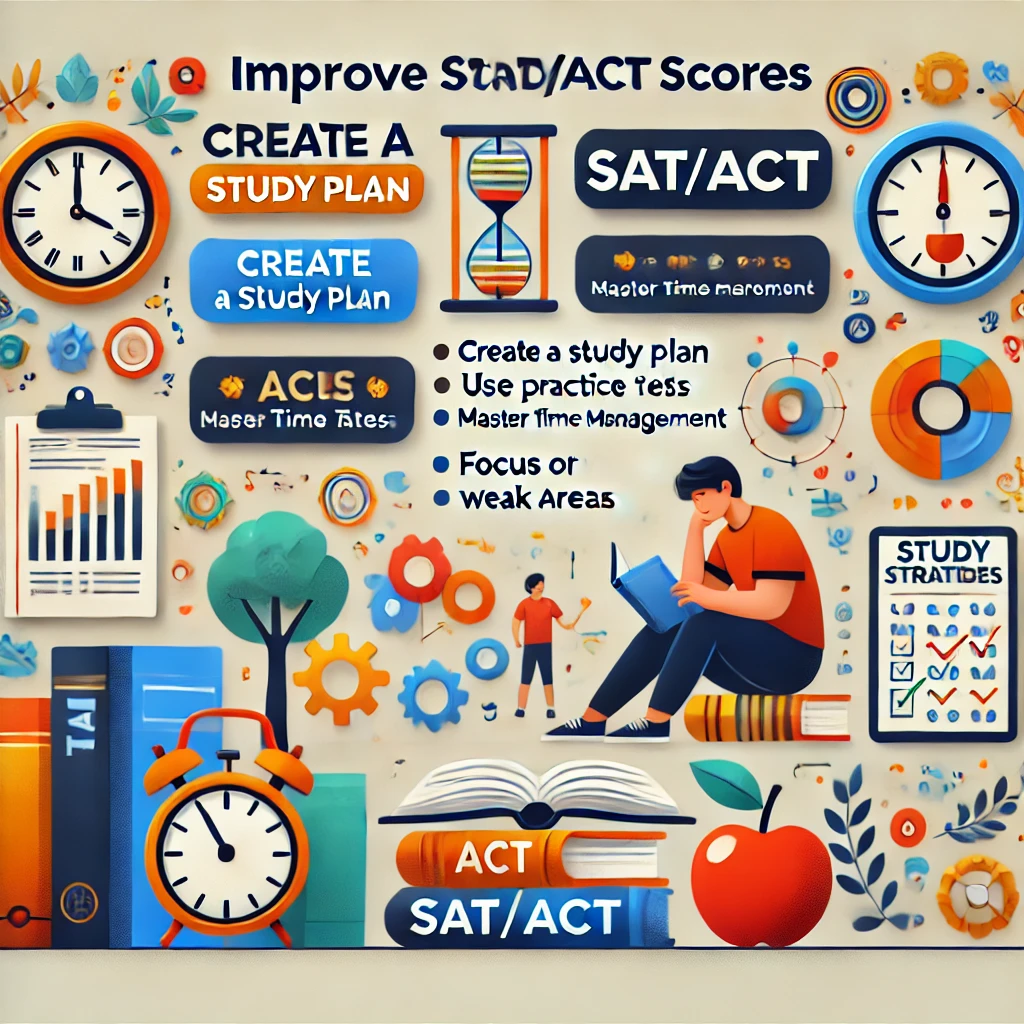university of maryland admissions
How to get into University of Maryland
Getting into the University of Maryland (UMD) requires strong academic performance, involvement in extracurricular activities, and good test scores (if submitted). Students should aim for a high GPA, take challenging courses like AP or IB classes, and actively participate in clubs, sports, leadership roles, or community service. A well-written personal essay and strong letters of recommendation are also important.
At home, books can play a big role in preparing for college. Reading college prep books like The Fiske Guide to Colleges, How to Be a High School Superstar by Cal Newport, or SAT/ACT prep books can provide valuable insights into what colleges look for. They offer strategies on time management, building strong applications, and improving test scores. Books about writing college essays can help students tell their stories effectively. Additionally, reading broadly—novels, biographies, science, or history—can strengthen vocabulary, critical thinking, and writing skills, all of which are important for success in college admissions and once you arrive at UMD.
Setting a reading routine at home encourages discipline and a love for learning, traits that top universities appreciate. With the right books and a focused mindset, students can build the academic and personal strengths needed to stand out in the competitive application process

University of Maryland Admissions Criteria
How to Improve Your SAT/ACT Scores
Boosting your SAT/ACT scores requires consistent effort, smart strategies, and the right study approach. Here’s a structured plan to help you succeed:
Develop a Personalized Study Plan
Set a realistic target score based on the colleges you want to apply to.
Dedicate at least 1-2 hours per day for 2-3 months leading up to the test.
Break your study time into focused sessions for Math, Reading, Writing, and Science (for ACT).
Use Effective Study Resources
Practice with official SAT/ACT tests from the College Board or ACT website.
Invest in reliable prep books like Kaplan, Princeton Review, or Barron’s.
Utilize free online resources like Khan Academy (for SAT) and ACT Academy.
Master Key Test-Taking Strategies
Manage Your Time – Each section has a strict time limit, so practice pacing yourself.
Use the Process of Elimination – Cross out wrong answers to improve your chances.
Guess Smartly – There’s no penalty for wrong answers, so never leave a question blank.
Identify and Strengthen Weak Areas
Take a diagnostic test to understand your strengths and weaknesses.
For Math, focus on problem-solving, algebra, and geometry.
For Reading and Writing, work on comprehension, vocabulary, and grammar rules.
For the ACT Science section, practice interpreting data and analyzing experiments.
Take Full-Length Practice Tests
Simulate real exam conditions by taking timed practice tests.
Analyze mistakes after each test to learn from them.
Aim to complete at least 5 full-length practice exams before test day.
Consider Professional Guidance
If self-study isn’t enough, enroll in an SAT/ACT prep course or hire a tutor.
Group sessions or private tutoring can provide personalized strategies for improvement.
Maintain a Healthy Routine
Stick to a consistent study schedule and track your progress.
Get enough sleep and eat well to keep your brain sharp.
Stay confident and positive—your mindset can impact performance.
Final Tip: Stay Focused and Keep Practicing!
Improving your SAT/ACT score takes time, but with dedication and the right approach, you can achieve your goal.
University of Maryland Admissions Criteria
Deciding where to apply for college is an exciting yet daunting task for many prospective students. With its vibrant campus life, strong academic programs, and a commitment to research and innovation, the University of Maryland (UMD) is a popular choice among students. But what exactly do you need to meet their admission requirements? In this guide, we’ll break down the essentials to help you navigate the UMD application process smoothly.

Understanding the Academic Competence Needed
High School Transcript
A strong high school transcript is your first footstep toward gaining admission into UMD. The university looks for students who have excelled in a rigorous curriculum, which often includes:
4 years of English
4 years of Mathematics (including Algebra I, Geometry, and Algebra II)
3 years of History/Social Science
3 years of Science (at least 2 years must include lab work)
2 years of a foreign language
Good grades are vital; while UMD does not publish a minimum GPA, competitive applicants typically boast weighted GPAs around 4.0.
Standardized Test Scores: The Optional Debate
The landscape of college admissions has shifted significantly over the past few years, with many institutions adopting test-optional policies due to the COVID-19 pandemic. Currently, UMD allows students to decide whether to submit their SAT or ACT scores. Here’s what you should know if you choose to go the test submission route:
SAT Scores: The middle 50% range for admitted students is typically between 1370 and 1510.
ACT Scores: Competitive applicants generally fall into the 31-34 range.
Remember, your overall application should showcase your strengths, and if your standardized test scores don’t reflect your abilities, it’s perfectly acceptable to apply without them.
Showcasing Extracurricular and Leadership Experience
Value of Extracurricular Involvement
UMD prides itself on building a diverse and dynamic student body. Participation in extracurricular activities, community service, or work experience is not just a bonus; it’s a vital aspect of your application. The university appreciates candidates who display:
Commitment to specific interests
Leadership roles in clubs or organizations
Involvement in community service projects
Crafting Your Narrative: The Essays
The essay portion of your application is your chance to speak directly to the admissions committee. UMD typically requires a personal statement via the Common Application or Coalition Application, along with a few additional short-answer questions. Use this space to highlight:
Your unique experiences and viewpoints
Your goals and aspirations
Personal qualities tailored to illustrate your character and fit for UMD’s values
The Importance of Recommendations
Teacher and Counselor Recommendations
While letters of recommendation are not mandatory for all applicants, submitting them can add valuable context to your application, especially if you’re applying to competitive programs or scholarships. A strong letter reflects your character and intellectual contributions, enhancing your overall application.
Exploring Special Programs
Honors College and College Park Scholars
To get the most favorable consideration for UMD’s specialized programs, such as the Honors College or College Park Scholars, aim to submit your application by the November 1 priority deadline. These programs are not only rigorous but also require applicants to showcase exceptional leadership potential and a passion for research.
Application Timeline and Deadlines
Navigating deadlines is crucial. Here’s a quick reference to UMD’s application schedule:
Early Action (Priority): November 1
Regular Decision: January 20
Submitting your application by the early action deadline increases your chances of consideration for scholarships and special programs.
Information for International Applicants
English Proficiency Requirements
For non-native English speakers, UMD requires proof of English proficiency, which can typically be demonstrated through:
TOEFL
IELTS
Duolingo
Waivers may be granted based on specific academic backgrounds, so it’s worth investigating.
Credential Evaluation
If you are an international student, ensure you provide certified translations of academic records not in English. This ensures that UMD can accurately assess your academic history.
Streamlining Your Application
UMD accepts applications through the Common Application or Coalition Application, making the process streamlined for students. Take your time to fill out all sections thoroughly and highlight your uniqueness.
Conclusion
Applying to the University of Maryland can be an exhilarating journey filled with opportunities for personal and academic growth. Ensure you meet the academic criteria, seize the chance to showcase your extracurricular engagements, and pay attention to deadlines.
With a well-rounded application that highlights your strengths and character, you can take significant steps toward joining the vibrant UMD community.
Is UMD on your college list this year? Prepare, plan, and don’t hesitate to reach out to admissions representatives if you have questions. Happy applying!
“Success is not the key to happiness. Happiness is the key to success. If you love what you are doing, you will be successful.” – Albert Schweitzer
For more detailed information on the latest admissions process and updates at the University of Maryland, visit university of maryland admissions.
